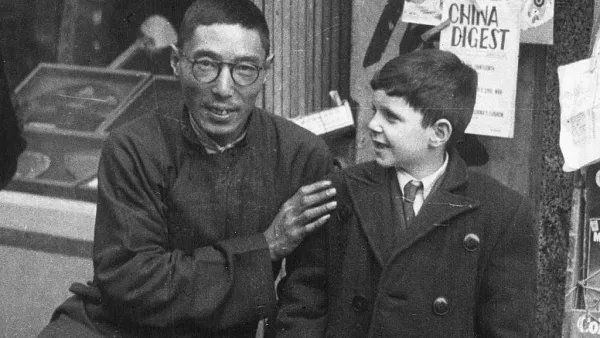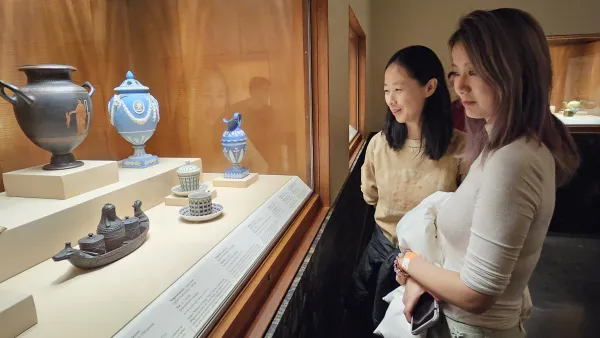Haiyan Lee (Stanford University) will visit campus on Friday, October 18 to give a lecture on the subject of "A Sino-Jewish Encounter, A Humanitarian Fantasy." Below is a Q&A with Lee in advance of her talk.
Talk abstract: In the late 1930s and early 1940s, tens of thousands of European Jews fleeing Nazi genocide found a temporary safe-haven in Shanghai. They were able to do so because Shanghai was an open city under divided governance and because China was at war with Japan and could not exercise sovereign control over its borders. In this talk, Professor Lee ponders the moral lessons from this fortuitous episode of humanitarianism through the lens of moral philosophy and moral psychology. Using the Canadian-Chinese writer Beila’s novel A Cursed Piano as her textual anchor, she argues that fiction, even if counterfactual, is an aid to the affective, imaginative, and reflexive exercise of moral reasoning, and can help us counteract the retreat of morality in modern life.
Why was Shanghai an important destination for Jewish refugees?
Shanghai was the only port city that didn't require an entry visa at the time. This was due to the fact that Shanghai was a semi-colonial city under divided governance. Neither the Chinese nor the colonial powers were in charge of the entire city. The ruling Chinese regime, moreover, was barely present in Shanghai having been pushed inland by the invading Japanese army. In other words, no one was in a position to stop the Jewish refugees from seeking shelter in Shanghai. Once they were there, local and international Jewish relief organizations were very active in helping them settle in.
Who was Beila and how did she come to write about the humanitarian situation in Shanghai?
Beila is a Shanghai-born writer who resides in Canada. She has published several novels in Chinese set against world-historical events like the 9/11 attacks and the Holocaust. It seems that she was motivated to write about the Jewish refugee story by a combined desire to make this relatively obscure episode of WWII history better known to both Chinese and non-Chinese readers and to boost China's global standing.
What can counterfactual literature teach us about history?
All fiction is counterfactual by definition and an invitation to extended thought experiments on what might have been. Counterfactual historical fiction doubles down on that mission by taking us down the path not taken as far as our imagination permits. It teaches us that history is a contingent affair and that we are not condemned to repeat history so long as we are capable of imagining alternatives.
What are you hoping attendees will learn from your talk?
Hopefully they will find some food for thought in connection to the current immigration crisis on the southern U.S. border.


